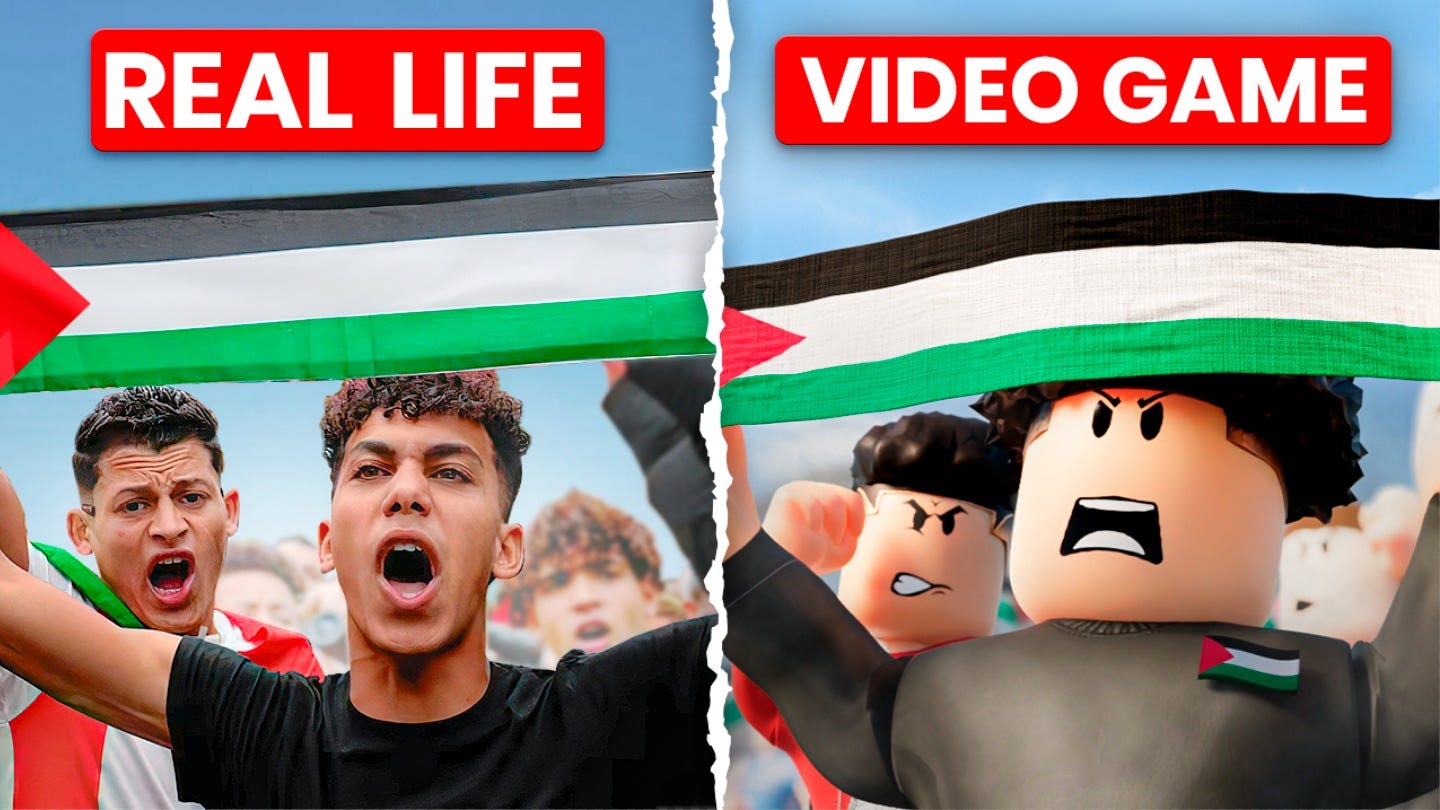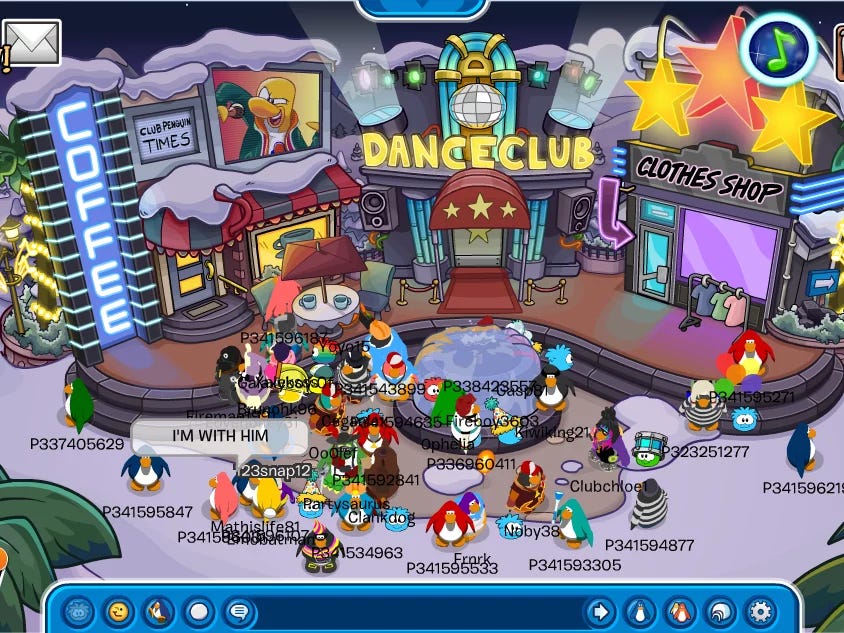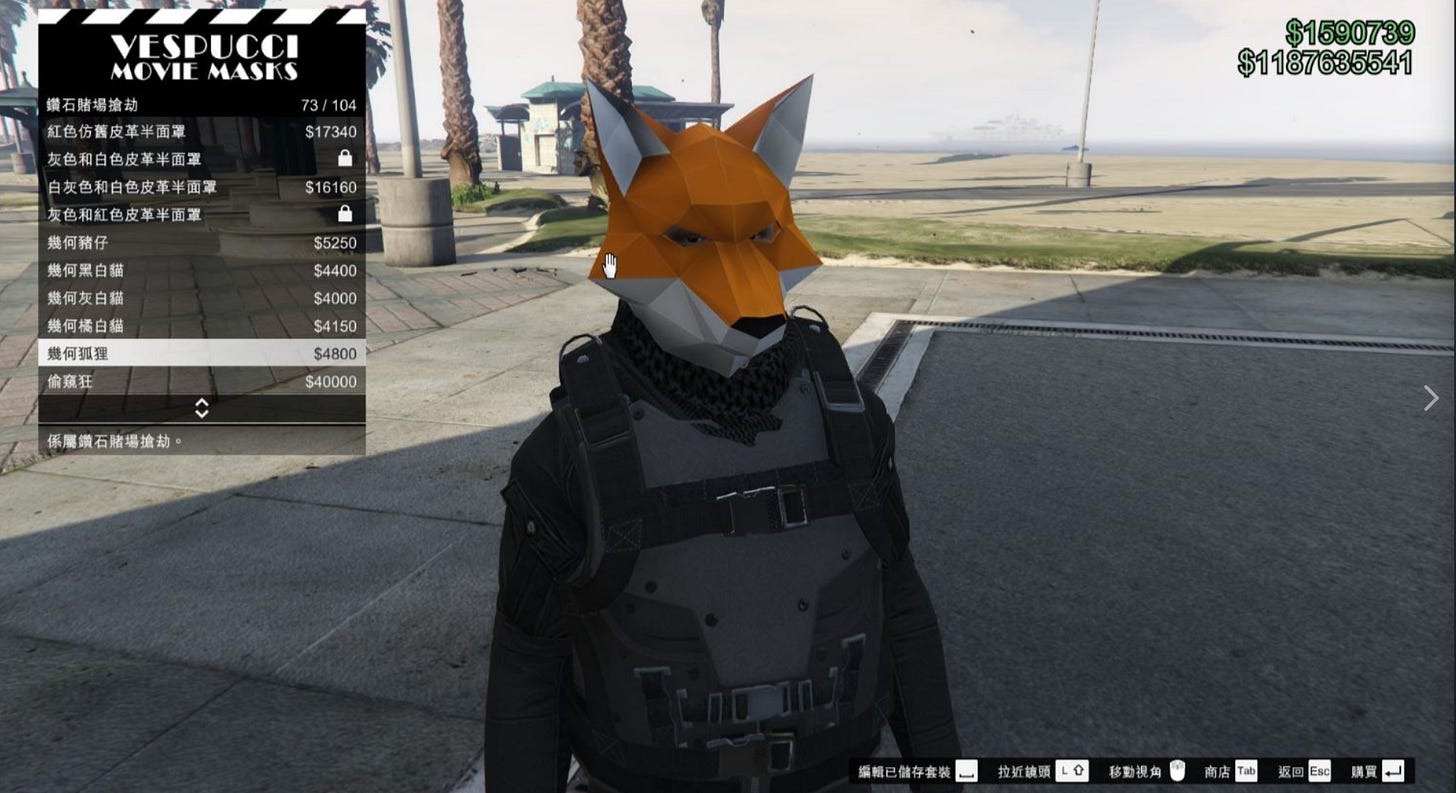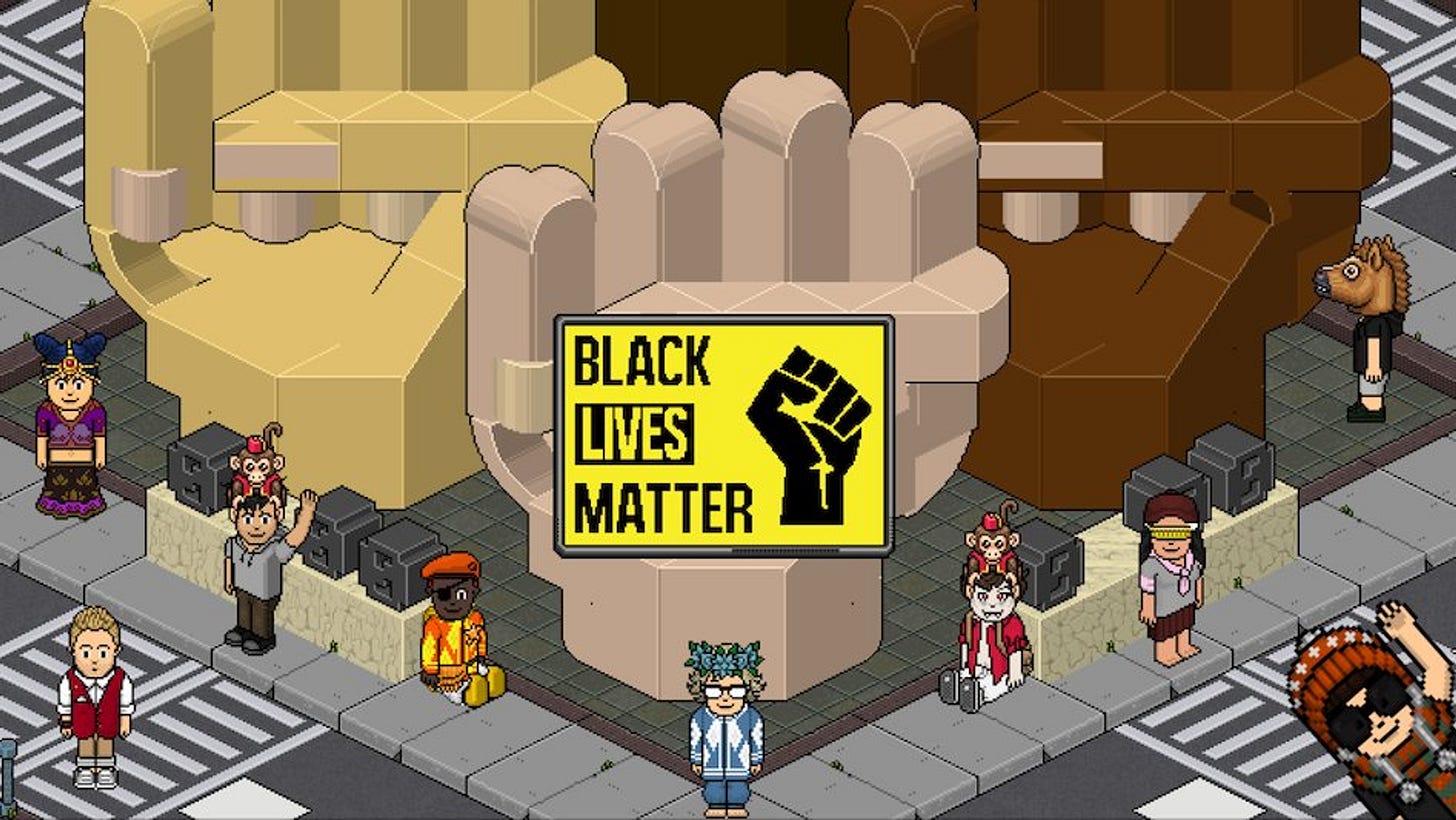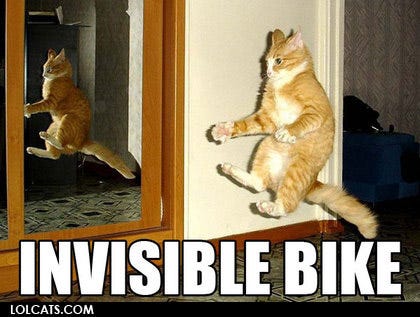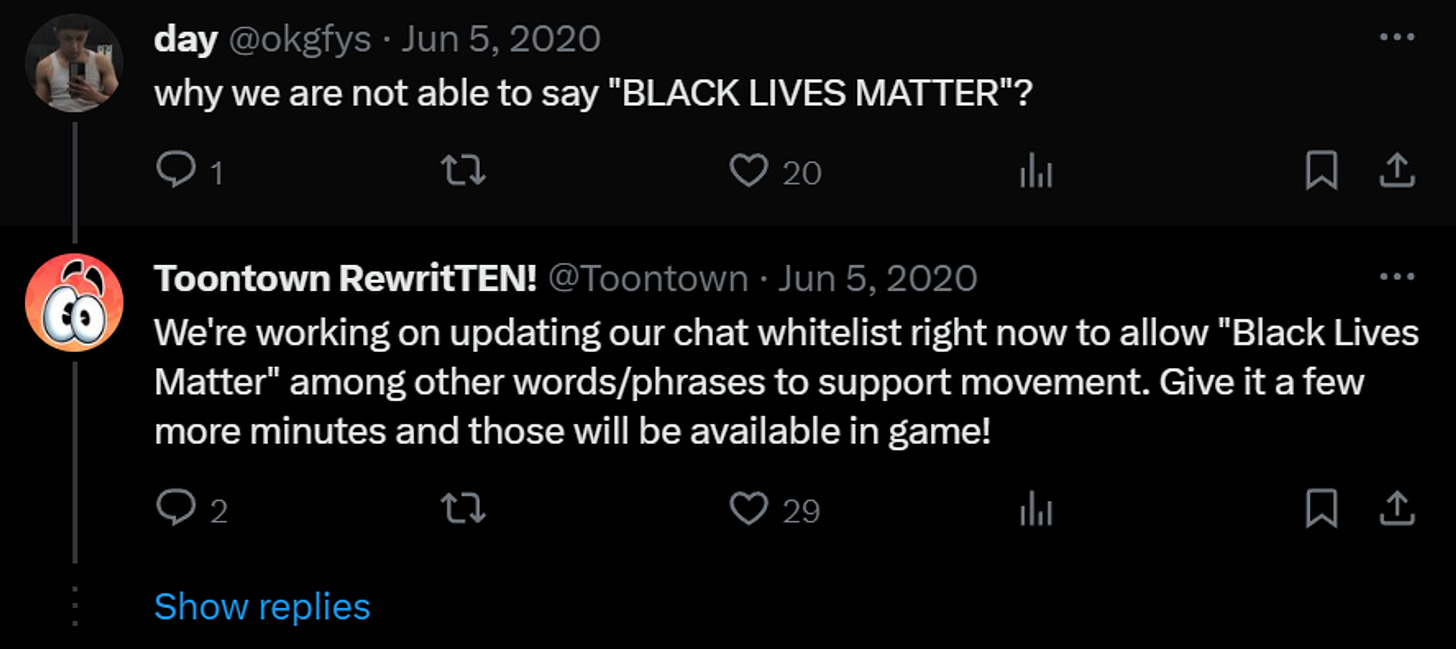Protests Are Taking Over Gaming
Real-world protests are making their way into video games...
…making me wonder: Is in-game activism the future of activism? It’s definitely a growing trend. The ban of Animal Crossing in China is a testament to the power of these in-game protests. I’m curious what and who is driving this trend. It seems mostly young people. But why? And will game devs keep letting this happen, or will they hit the brakes to avoid bans?
Brief History Of In-Game Activism
2011: Once upon a time, one of the first in-game protests emerged, with EVE Online, were players usually battle in space; but this time they were fighting against microtransaction policies with pay-to-win items, introduced by the game’s maker. It riled the playerbase up so much, they organized a vast in-game protest at Jita, Eve’s trade-hub, with 1000 pilots firing upon the trade-station. It was of such an unprecedentend scale that these moments became known as EVE Online's Summer of Rage.
However, it was only in 2016 when a real world event started to become a protest in games when youngsters who couldn’t vote in the real world made their voices heard in Disney’s game “Club Penguin”, protesting against Donald Trump’s election victory. Club Penguin, now shut down for other reasons, used to be a platform for kids where you could create little penguins walking around and meeting friends. With the anti-Trump protests, lots of Penguins started to march around with speech bubbles saying “Not my president”, “My body my choice”, “Not with him” except one lonely penguin (see below)…standing out of the crowd with “I’M WITH HIM”
Then, December 2019 - Hong Kong’s struggle for democracy spills into GTA V. Via VPN servers, Hong Kong players customised their avatars to resemble protesters and proceeded to toss petrol bombs, vandalize train stations and attack police in China’s GTA V. Mainland players were quick to respond, repelling the Hong Kong insurgents by reskinning their avatars into riot police.
And then….the pandemic hits, streets are empty, the only world people can meet up is in the virtual world. And this is where in-game protests really started to escalate. There were six notable protests:
March 2022, and Minecraft players built a virtual library, called Uncensored library, containing banned writings from all around the globe so that information can slip past goverenment censors.
April 2020: Back to Hong Kong. Not in GTA but in Animal Crossing. Joshua Wong, leader of the Hong Kong youth activist group, saw a group of avatars on an island whacking a picture of Hong Kong chief executive Carrie Lam with fishing nets and a flag that read: “Free Hong Kong, Revolution Now.” Instead of a revolution though, all it got was a banned game altogether. So much for ‘fishing’ for freedom.
June 2020, and it’s all about Black Lives Matter. From Habbo to Minecraft to Toon Town and the Sims, they all become stages for solidarity and protests.
August 2020, the #FreeFortnite event happens, - remember? - taking a jab at Apple’s App Store monopoly. Gamers AND devs, side by side, in a fight for digital rights.
2021 had its share of drama too - World of Warcraft players staged a sit-in in the city of Oribos against Activision Blizzard’s sexual harassment culture towards female employees.
And when Russia invaded Ukraine in February 2022, Guild Wars 2 and the Elder Scrolls Online became platforms for peace marches.
2023, last but definetely not least, Gaza protest - in Roblox.
It’s clear - the gaming world isn’t just about escapism anymore but a reflection - or a reaction - to our real world.
But did these in-game protests achieve anything?
Well, in the case witih EVE Online’s Summer of Rage, CCP, the game’s developer, did change things up a bit, including a new development strategy, improved communication with players and focusing on the core gameplay rather than pay-to-win goods in their microtransaction store.
Club Penguin - well, they didn’t directly achieve their desired political change, but the clips went viral and sent a message from generation of future voters. And the protests in GTA V? Well, even though it didn’t get them anywhere other than the mainland gamers winning (as they had more players on their side), it inspired some Hong Kong activists to create a VR game called “Liberate Hong Kong” to experience the protests without leaving their homes.
And in the case with Minecraft’s Uncensored Library? It went viral and even received an award - the Peabody Award in 2022 - described as “a monument to press freedom and an innovative back door to censored content.”
Despite their impact, these protests got less attention and results than real-life counterparts, raising the question:
Why their growing popularity, especially among kids?
Five potential advantages:
#1 Gaming exploded during the pandemic. Stuck at home, everyone turned to games like Roblox, now with 70M daily users, mostly under 16. It's not just for playdates and parties anymore, but a massive platform for expressing solidarity, anonymously.
#2 With anonymity, there’s less fear of backlash.
#3 Everyone can partake, regardless of age. Especially young kids who are digital natives, feel at home in these virtual worlds and tend to voice their opinions freely, minus the physical risks of real-world activism.
#4 It's cost-effective,
#5 It offers a global reach.
#6 Gaming is less censored than traditional social media, so great for building communities and rallying people up.
As a 15 yo Roblox player said:
“I heard about the protest through TikTok, and decided to join the game to show my support. It might be silly, but it’s the intentions that count.”
“We’re children of the internet; it’s our tool to navigate and understand the world.”
But how do games, originally designed for entertainment, facilitate such activism?
Well, if you watched my other videos, you know I’m a big fan of theories and frameworks. They just kickstart my understanding of things. And while I was doing my research, I stumbled upon two theories. The Cute Cat Theory (CCT) and the Affordance Theory. The CCT simply states that platforms, originally designed for mundane activites like sharing cut cat pics, turn out to be great for hosting protests because they are harder to censor.
The Affordance Theory, coined by this guy, is all about how our surroundings get used for different things, based not on their intended design, but on how we perceive them and on what we can creatively do with them. Like a skateboard - it’s not just for riding. It could afford as a door knob, a shelf, a toilet paper holder..In gaming, this means that the same features (the affordances) that make a game fun are the same features used for activism. These affordances can mean different things to different players, at different times. For one person the game is just for fun, for another, it’s a tool for change. Just like the mechanics in a game afford to do quests, they also afford to stage protests. In this light, the key affordances driving in-game protests are the strong community, interactive environments, modding capabilities, and the ease of sharing content.
Will game devs keep allowing protests?
And as you can imagine, using games for political activism doesn’t rub everybody the right way. As they become more and more popular, there’s also more and more backlash. Some gamers don’t want to see this real-life stuff in games, see video below.
Yep, some say they need to stay apolitical for the sake of entertainment, just like others object to political gestures in public events like football or the Grammys.
Others counterargue with “Well, you can’t entirely escape real-world issues in games anyways because they have stereotypes built into them by biased developers and player discrimination in chats, meaning, while games can be an escape, they may not fully shield you from all societal issues…”
If more gamers push for apolitical gaming, it could impact sales, but actually, most developers are quite supportive of these platforms' political aspects.
In the case of the BLM movement in The Sims, The Sims own Twitter account supported the rally by retweeting a post an activist made about the march, even releasing a pack update of 100 new skin tones to be more reflective of the people who play.
And when Toontown’s players used the game to voice support for BLM, the developers responded with a clear message on X with “you have a voice in our game”. They even updated the chat whitelist to allow the words “Black Lives Matter” and other supportive phrases.
And when World of Warcraft members organized a sit-in in the city of Orbios to protest the unethical treatment of employees at Activision Blizzard, the company responded on X, by sharing an email sent by company’s president, addressing the “completely unacceptable” behavior. And besides the sit-in, employees staged a walk-out, demanding better working conditions, free from harassment.
In anycase, it’s a very challenging ballancing act for game makers to maintain games as entertainment while respecting it as a platform for expressions. I think the stance of game developers on in-game actvism just varies, from protest to protest. Some, like The Sims creators, openly support it, others may find themselves in ‘murky waters’ if they were to support it.
So, what does the future hold at the intersection of gaming and activism?
There's a chance we might witness a cultural shift where digital protests are seen as just as legitimate and impactful as physical ones. Take Tyria Pride and BLM in Minecraft, for instance. These events rewarded players who donated to charity with in-game items, like weapons, armor, or a banners. This charity aspect in games could further legitimize in-game protests.
We might see a new simulators emerging, specifically designed for in-game protests. “Liberty Hong Kong” - as mentioned - is such a simulation game; or ‘Revolution of Our Times’, a Hong Kong protester role-playing game. That one got suspended from google playstore though. As the Cute Cat Theory suggests: Such games will remain less effective as they can be censored.
And that ‘s why we might see stricter moderation policies from some devs keen on keeping their games apolitical. And on the regulatory front, we might see new guidelines to balance freedom of expression with community standards.
But you know what? Personally, I think it's better when we, the players, use games for our own protests, rather than politicians using games to promote their campaigns. Take this lady for instance. Visiting Animal Crossing to leave a note on someone’s board; or playing Among Us… Ironically, a game centered around lies and deception…
It's one thing to use games as a platform for expression; it's another when games become a stage for political theater.
So there must a sweet spot. As the Affordance Theory suggests: as long as games can be used for protests, they will be used for it, whether we like it or not. So I think there definetely will be more in-game protests, but shaping these spaces - again - is a collective effort. Players, creators, communities — we all need to work together, communicate openly, and help developers strike that balance between freedom and responsibility. Games have always been just more than entertainment.
As legendary game designer Shigeru Miyamoto once said, 'Video games are bad for you? That's what they said about rock and roll.' So let's keep rocking - ah I needed to make that pun - and who knows? Maybe, just maybe, we can change the world, one game at a time.


